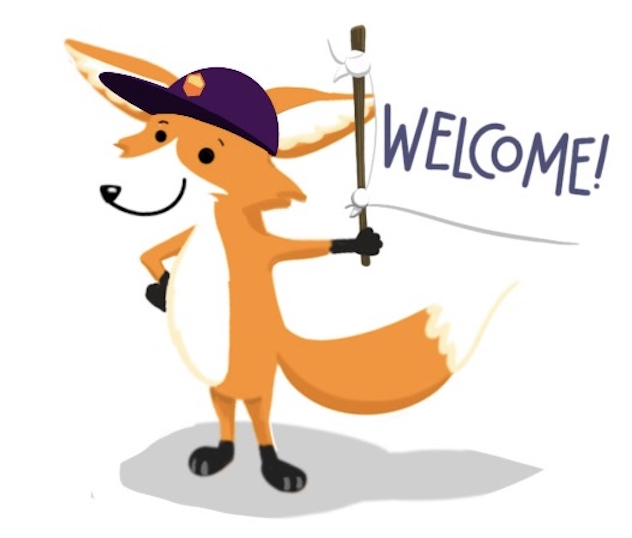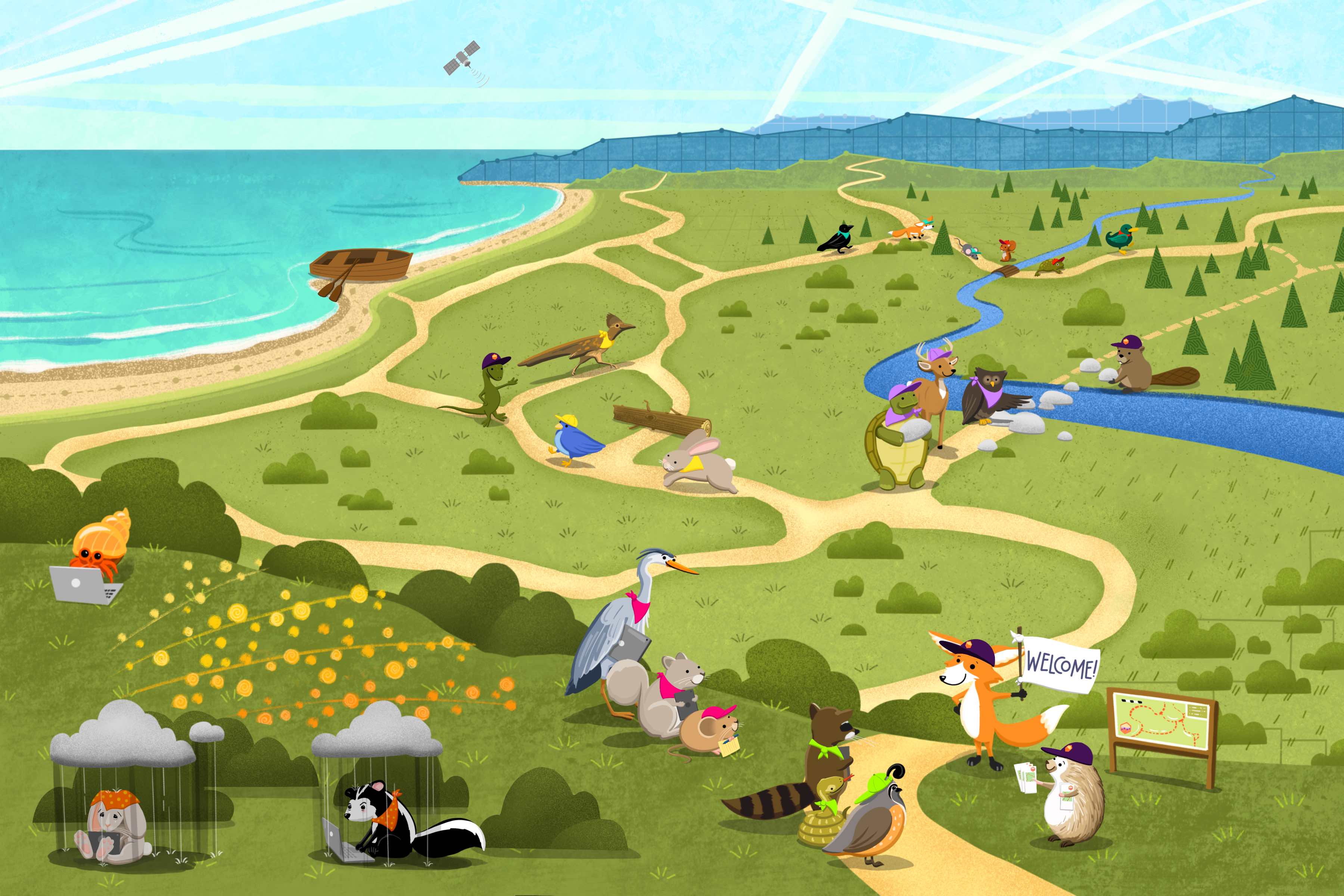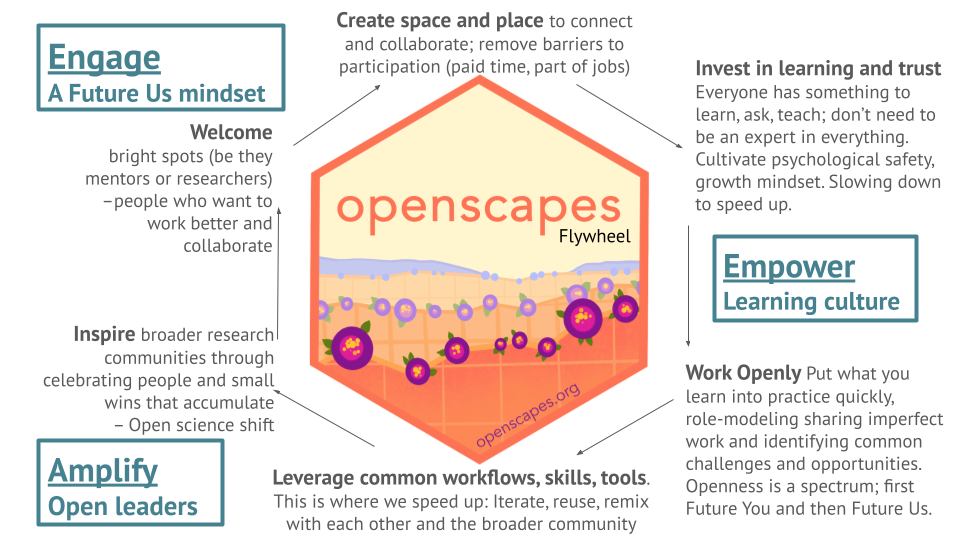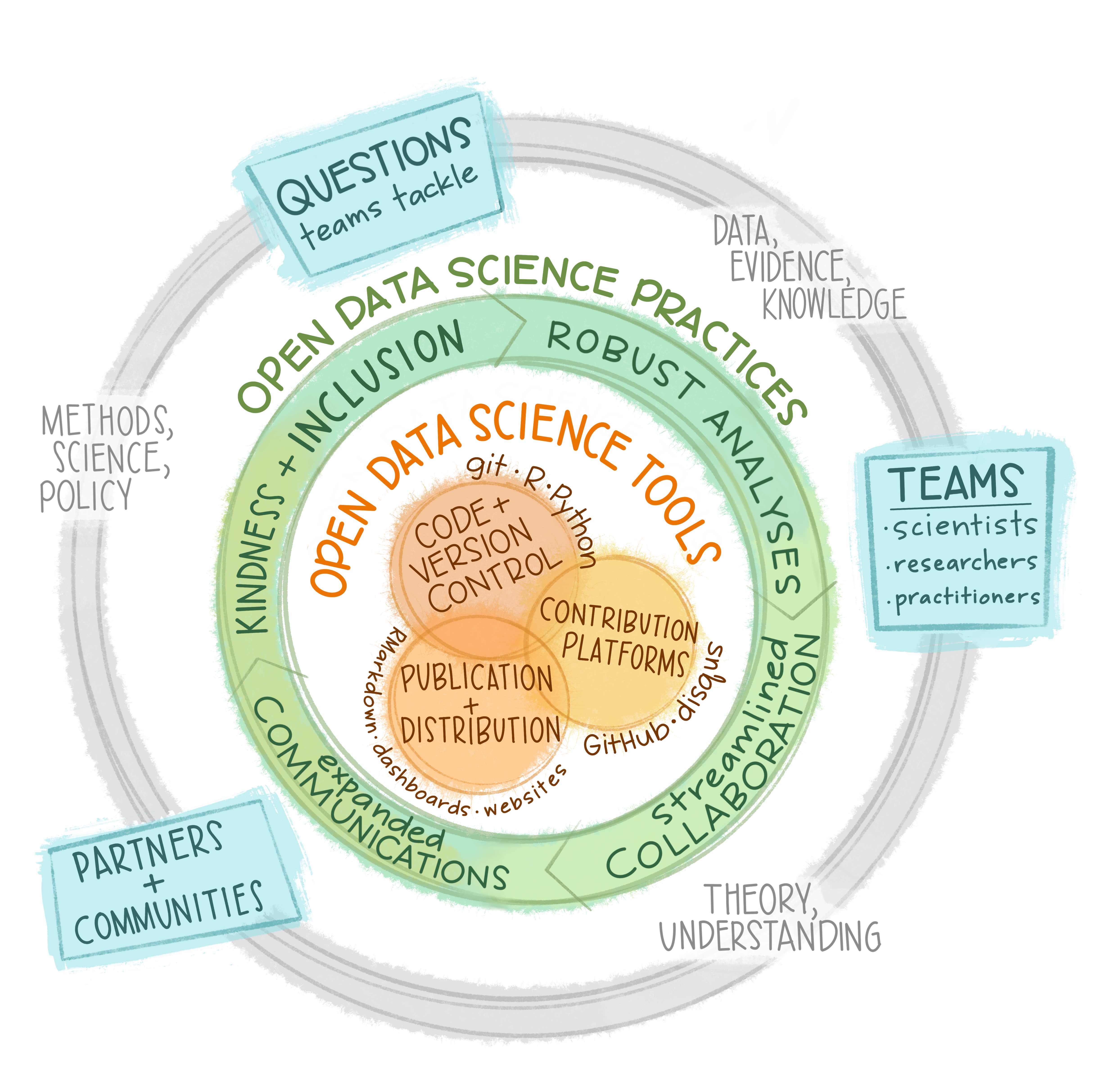We believe open practices can accelerate data-driven solutions and increase diversity, equity, inclusion, and belonging in science and beyond.


We believe open practices can accelerate data-driven solutions and increase diversity, equity, inclusion, and belonging in science and beyond.

Openscapes helps shift culture by mentoring researchers to move from lonely science as they skillbuild and navigate the open science landscape safely with their teams and communities.
We call this kinder science for future us.

We approach open science as a spectrum, a behavior change, and a movement. There are many ways to practice open science and to welcome others to participate. We share our work openly and share stories, in part through our resources, media, blog, and events. We are influenced and inspired by many leaders and community organizers, particularly in climate and get out the vote movements.
Our approach for movement building and sustainability is underpinned by our Flywheel (Robinson & Lowndes 2022). The Flywheel concept was developed by Jim Collins in the book Good to Great. No matter how dramatic the end result, building something to last never happens in one fell swoop. Rather, the process resembles relentlessly pushing a giant, heavy flywheel, turn upon turn, building momentum. It is never one big thing, it is many little things reinforced over time. Our Flywheel drives how we work on a daily basis and how we plan for years to come.

Openscapes Approach Guide
The Openscapes Approach Guide is our “lab manual”, an attempt to codify our approach to onboard ourselves and new team members to how we work. It is an open source resource you can use too.
Cite as: Openscapes Core Team, Butland, Robinson, Lowndes. (2023). Openscapes Approach Guide (v2023.06). Zenodo. https://doi.org/10.5281/zenodo.8034313
Openscapes helps teams transition to inclusive open science workflows. We mentor teams to better tackle their questions by strengthening shared practices, underpinned by existing community-developed tools.

Our our theory of change is that by engaging, empowering, and amplifying research teams with open habits and mindsets for data-intensive science, they become leaders in the open science movement and have more enduring scientific impact while also creating a kinder, more inclusive scientific culture.